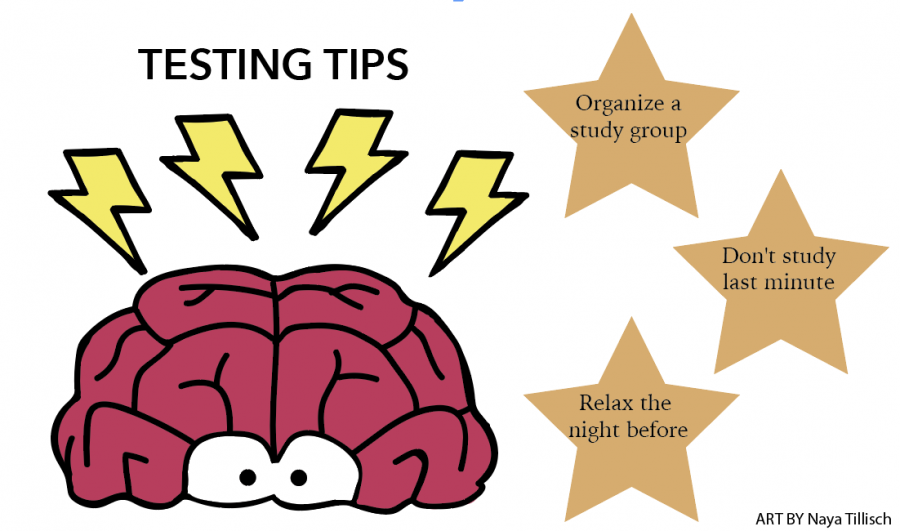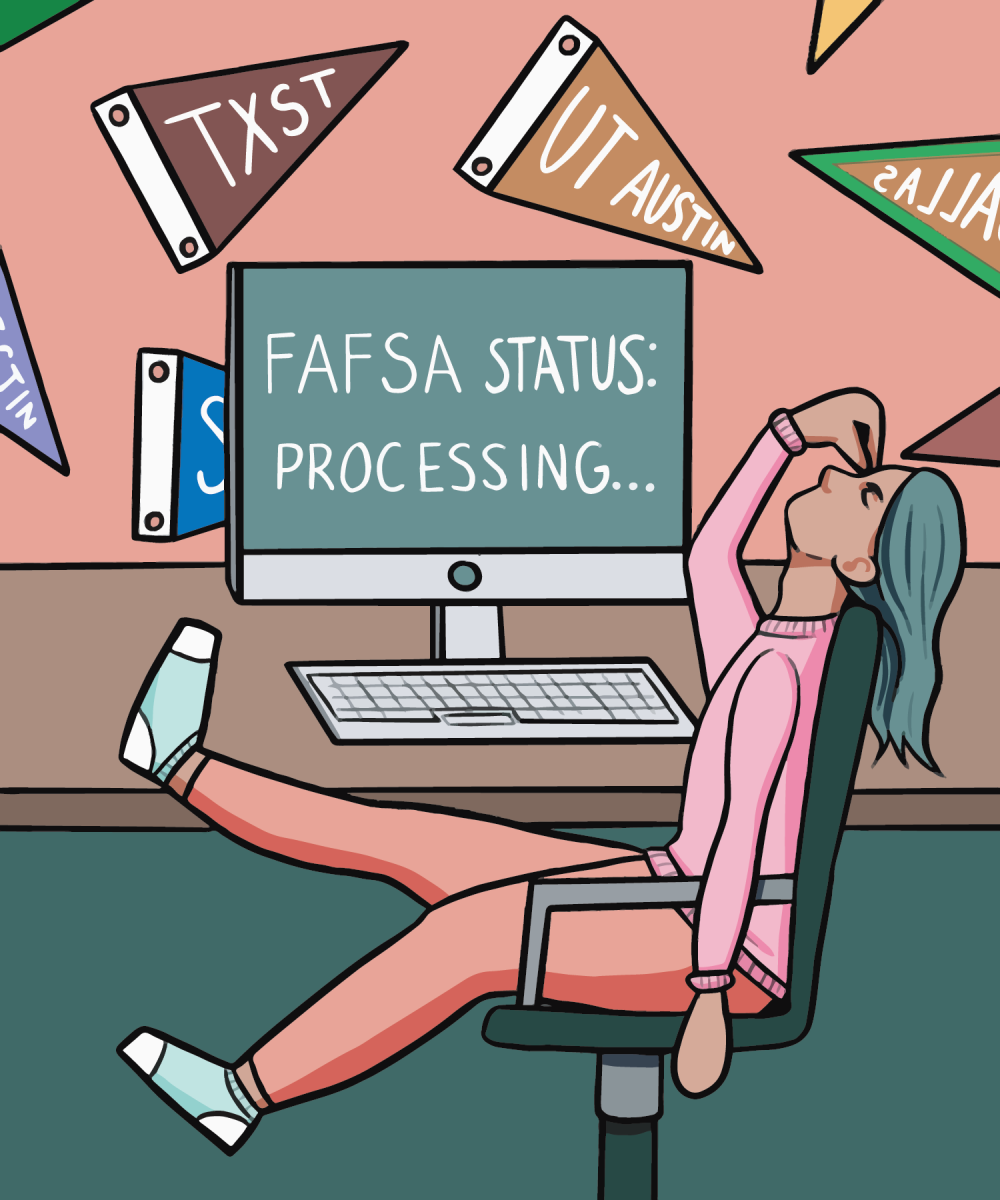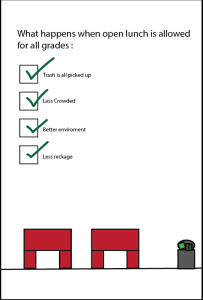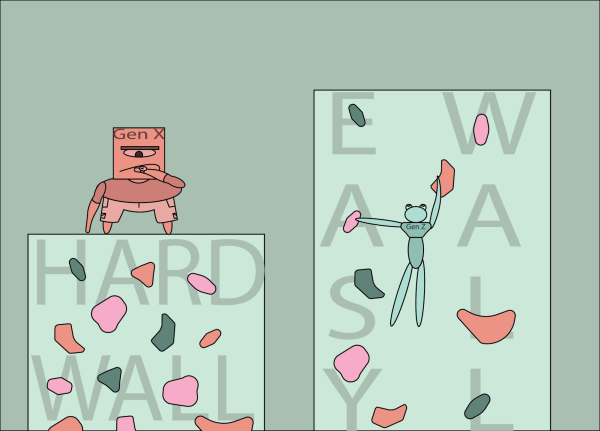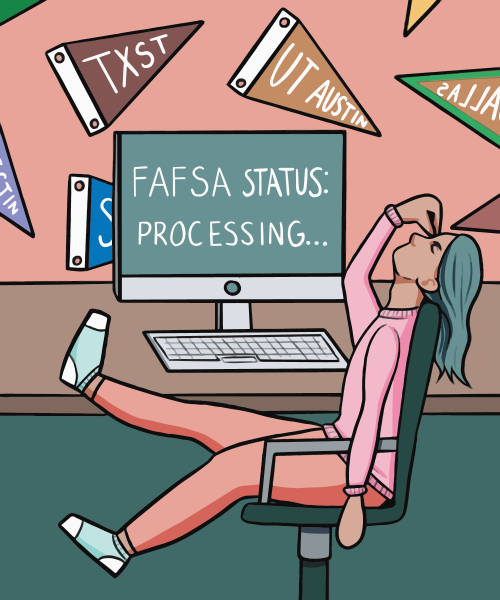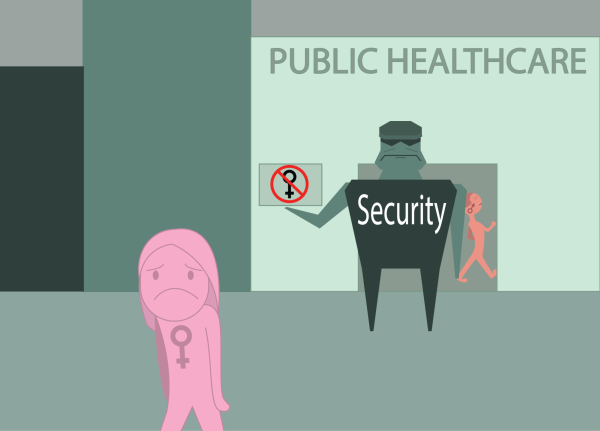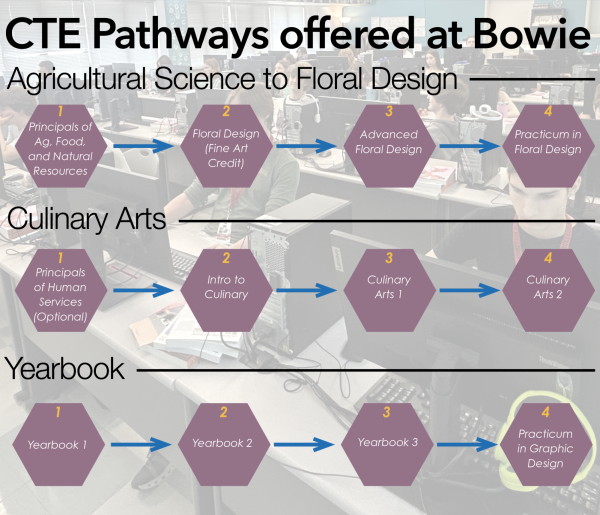AP exams are only getting more stressful
As AP exams approach students get back into old study habits, some advice is given to help best prepare students.
November 30, 2019
Every year students across the country enroll in Advanced Placement classes hoping to ace their AP tests in May and possibly earn college credit. The teachers of these classes heavily encourage their students to sign up for these tests and focus solely on teaching the material which will be placed in front of their students at the end of the year.
The stress placed upon taking these exams begins the very first day of classes and only increases as the year progresses. Because the material is taught based on what has appeared on the tests in previous years, it is expected that you not only pass test but also receive the coveted high score of four or five.
In previous years students were given the option to register for the AP exam until April. This gave most people enough time to consider whether or not they felt like they could do well, especially because you must pay to register and if you do not receive a score that can get you college credit, it really is a waste of money. However this year the College Board is asking students to register in the fall semester of classes which presents a whole new level of stress because once you register you must now take the exam regardless of whether or not you feel ready. This has increased the pressure on many students feel to do well and get scores that earn them college credit.
Although we are taught many different strategies to help ease our nerves throughout our primary education, it does little to diminish the sense of impending doom most students feel when walking into those exams. No matter how much you study or how intelligent you are, testing anxiety and stress flood your head with self-doubt and leave you questioning everything you did to try and prepare. If there are students attending class, taking notes, and studying but still doing poorly, there is clearly a much bigger issue at hand that goes beyond the student.
Despite the number of studies and proof available that support the idea that excessive amounts of stress can seriously affect the mental health and academic performance of students, schools continue to administer exams like the AP tests, that are fueled by it. The way these exams are prepared for and administered has created an environment not conducive for learning.
Between AP exams, the SAT, and STAAR, it is apparent that standardized tests are the bread and butter of the American education system. Expecting students to retain copious amounts of information and regurgitate it in a timed setting is not an efficient learning strategy or an accurate reflection of what life will be like in the workforce. Your ability to answer up to 100 complex questions correctly in a limited time frame isn’t even a situation people face in the real world.
Many students suffer severe testing anxiety and stress that affects their grades, which in turn, affects how they feel about themselves and their ability to learn. Succeeding on these kinds of tests largely depends on how good you are at taking tests and less about whether or not you know the material. When students receive their grades that are less than what was anticipated, this can leave them feeling discouraged and unprepared despite their efforts to succeed. Testing in itself has become a skill that needs to be taught and learned in order to do well in school.
The pressure placed on succeeding on the AP exam, like many other exams, is just another example of how the education system is failing its students. In high school, we are still only children, and we should not have our worth and intelligence determined by a test that can not accurately assess that when there are so many other factors in play. Significant changes need to be made to these exams and how they are prepared for, taken, and graded if there is to be any real accuracy and purpose to the public education system in America.


